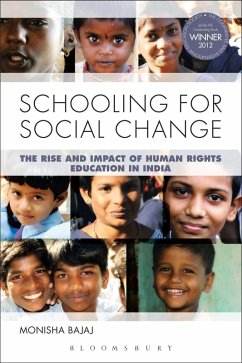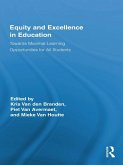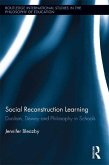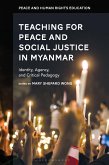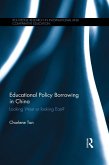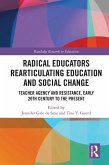Schooling for Social Change offers fresh perspectives on the emerging field of human rights education in India. 60 years after independence, the Indian schooling system remains unequal. Building on over a year of fieldwork, including interviews and focus groups with policymakers, educators, parents and students, Monisha Bajaj examines different understandings of human rights education at the levels of policy, pedagogy and practice. She provides an in-depth study of the origins and effects of the Institute of Human Rights Education, a non-governmental program that operates in over 4,000 schools in India.
This enlightening book offers an instructive case study of how international mandates and grassroots activism can work together.
Bajaj shows how the Institute of Human Rights Education has gained significant momentum for school-based adoption, textbook reform, and policy changes in a nation-state still struggling to ensure universal access to education. Schooling for Social Change provides a wealth of analysis from the frontlines of education reform and will be of interest to all those working in international and comparative education, human rights, and South Asian development.
This enlightening book offers an instructive case study of how international mandates and grassroots activism can work together.
Bajaj shows how the Institute of Human Rights Education has gained significant momentum for school-based adoption, textbook reform, and policy changes in a nation-state still struggling to ensure universal access to education. Schooling for Social Change provides a wealth of analysis from the frontlines of education reform and will be of interest to all those working in international and comparative education, human rights, and South Asian development.

